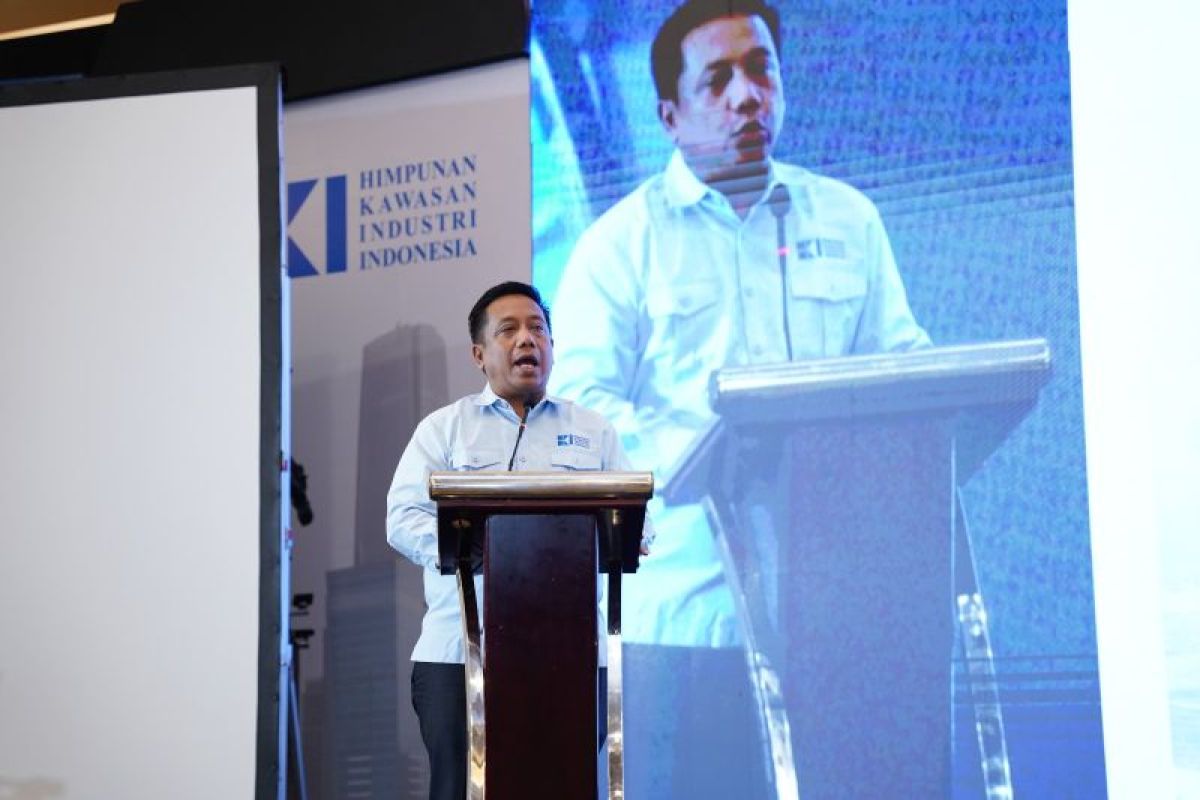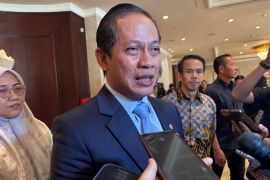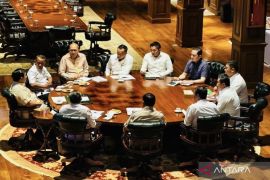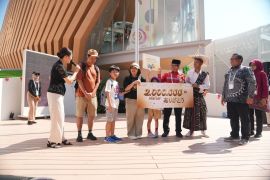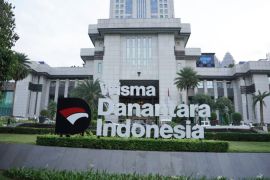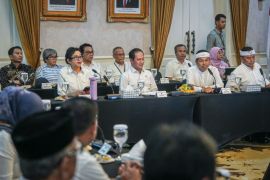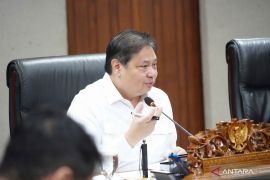With the government targeting economic growth of 8 percent over the next five years, Maulana stressed the importance of strong and specific regulations to support industrial estates’ strategic role in attracting investment and generating employment.
“We need a stronger legal framework, ideally a dedicated article in the Industrial Law, to ensure clear rules of engagement,” he said in Jakarta on Friday.
He noted that Indonesia’s 120 industrial estates collectively represent a significant economic force that must be backed by legal certainty.
However, these estates still face numerous barriers to investment, including high energy costs, sluggish licensing processes, and bureaucratic hurdles across ministries.
To resolve these issues, the HKI has so far engaged with the ministries of investment, energy and mineral resources, and agrarian affairs/spatial planning. It plans to involve the Ministry of Environment in follow-up discussions.
The outcomes of the discussions will be submitted to the central government as policy inputs.
One of the HKI’s main priorities is expediting investment licensing.
Maulana called for the immediate establishment of the investment acceleration task force via an official decree to streamline the process.
“We support swift action on licensing,” he affirmed.
The HKI also plans to form a joint oversight team with the ministries of industry and investment to monitor and support investment acceleration.
“The HKI will serve as a strategic bridge between industry, the public, and the government,” Maulana added.
Related news: Batang industrial estate secures investment from Malaysia's Thong Guan
Related news: Batang preparing human resources to meet KITB manpower needs
Related news: First development phase of Batang KIT sold out, second one begun
Reporter: Arnidhya Nur Zhafira, Aditya Eko Sigit Wicaksono
Editor: Azis Kurmala
Copyright © ANTARA 2025
